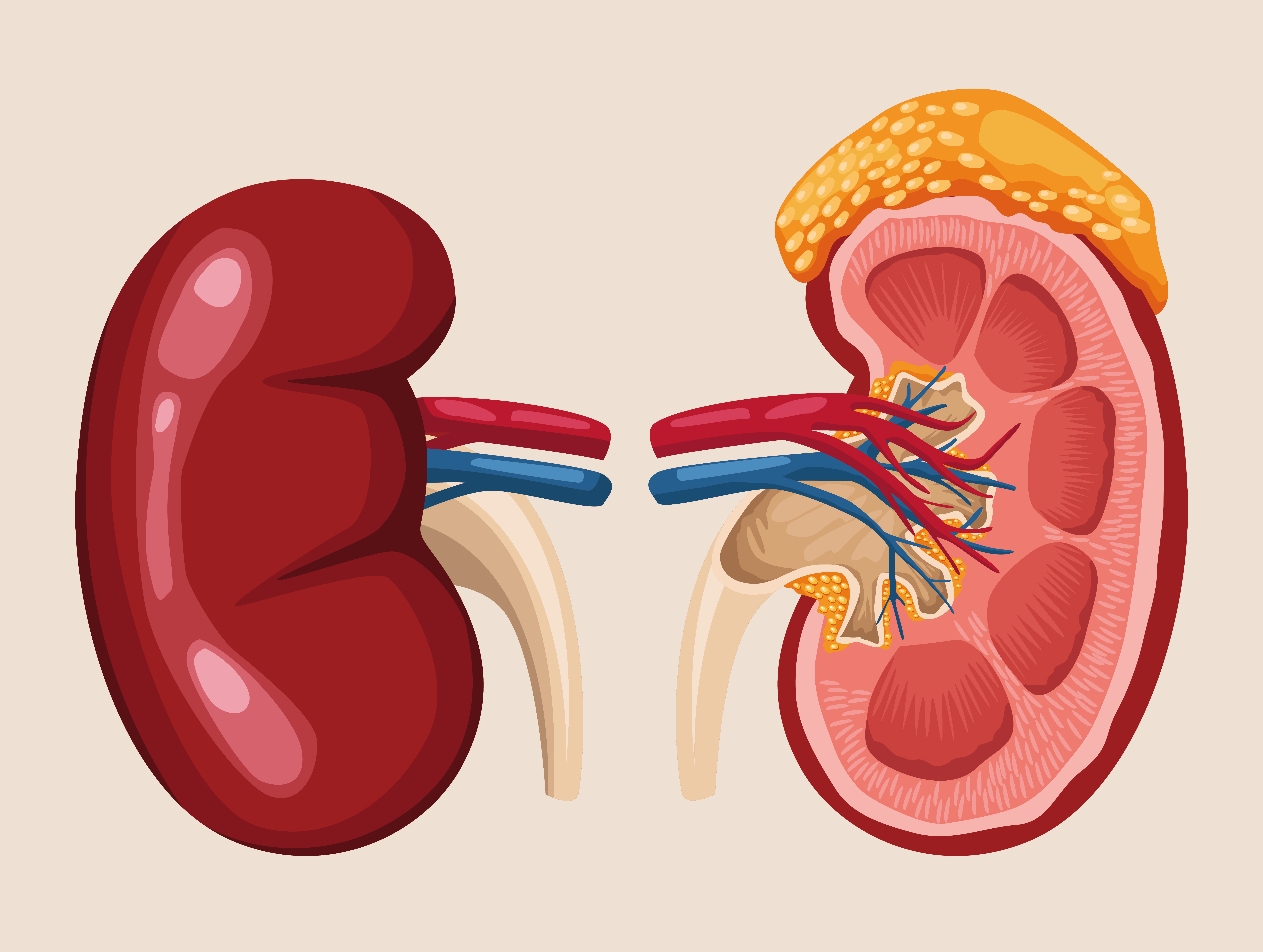Introduction:
Maintaining optimal health and wellness involves taking proactive steps to detect and prevent potential health issues before they escalate. Among the many vital organs in our bodies, the kidneys play a crucial role in filtering waste and excess fluids from the blood, regulating blood pressure, and producing essential hormones. Detecting kidney disease in its early stages is paramount for effective management and treatment. In this article, we’ll explore seven essential tips for patients to detect kidney disease early and safeguard their kidney health.

Understand the Risk Factors:
- Educating yourself about the risk factors associated with kidney disease is the first step toward early detection. Common risk factors include diabetes, high blood pressure, obesity, family history of kidney disease, and aging. If you have any of these risk factors, it’s essential to be proactive in monitoring your kidney health regularly.
Monitor Blood Pressure:
- High blood pressure can damage the blood vessels in the kidneys over time, leading to kidney disease. Regularly monitoring your blood pressure and keeping it within a healthy range is crucial for kidney health. If you have hypertension, work closely with your healthcare provider to manage it effectively through lifestyle changes and medication.
Keep Blood Sugar in Check:
- For individuals with diabetes, managing blood sugar levels is vital in preventing kidney damage. High blood sugar can overwork the kidneys, causing them to function less efficiently over time. Follow your healthcare provider’s recommendations for managing diabetes, including monitoring blood sugar levels, maintaining a healthy diet, exercising regularly, and taking prescribed medications as directed.
Stay Hydrated:
- Proper hydration is essential for kidney health as it helps the kidneys flush out toxins and waste products from the body. Aim to drink an adequate amount of water throughout the day, but avoid excessive consumption, especially if you have certain medical conditions like heart or kidney issues. Consulting with your healthcare provider can help determine the appropriate amount of water intake for your individual needs.
Get Regular Kidney Function Tests:
- Routine kidney function tests, such as blood and urine tests, can help detect early signs of kidney disease. These tests measure levels of creatinine, a waste product produced by muscles, and estimate the glomerular filtration rate (GFR), which indicates how well the kidneys are filtering waste from the blood. Be sure to schedule regular check-ups with your healthcare provider and discuss any concerns regarding kidney health.
Maintain a Healthy Lifestyle:
- Adopting a healthy lifestyle can significantly reduce the risk of kidney disease and promote overall wellness. This includes eating a balanced diet rich in fruits, vegetables, whole grains, and lean proteins, limiting sodium and processed foods, avoiding tobacco use, moderating alcohol consumption, and staying physically active. These lifestyle choices not only benefit kidney health but also contribute to better overall health and well-being.
Pay Attention to Symptoms:
- Being aware of potential signs and symptoms of kidney disease is crucial for early detection and intervention. Symptoms may include fatigue, swelling in the legs, ankles, feet, or face (edema), changes in urinary habits, blood in the urine, foamy urine, persistent itching, nausea, vomiting, and shortness of breath. If you experience any of these symptoms, don’t hesitate to seek medical attention promptly.
Conclusion:
Detecting kidney disease early is essential for effective management and prevention of complications. By understanding the risk factors, monitoring blood pressure and blood sugar levels, staying hydrated, getting regular kidney function tests, maintaining a healthy lifestyle, and paying attention to symptoms, you can take proactive steps to safeguard your kidney health. Remember to consult with your healthcare provider for personalized guidance and recommendations tailored to your individual needs. Prioritizing your kidney health today can lead to a healthier tomorrow.





